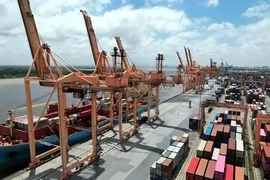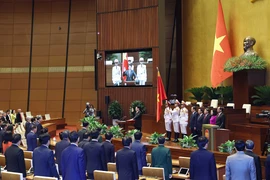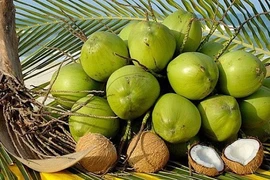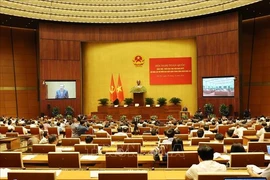According to experts, India's decision to lift its ban on non-basmati white rice exports will affect Vietnam's rice outbound shipment, but it would be insignificant.
The main reason is that, Vietnam has already established a solid market presence internationally, along with a reputation for stable rice quality and value.
However, experts also advise that, Vietnamese farmers and rice exporters should closely monitor the import and export trends of India and other countries. Additionally, they should implement more strategies to enhance rice exports.
According to Hiren Gandhi, Secretary of the All India Spice Importers Association (AISIF), Vietnam needs to make its rice meet international standards, including developing high-quality rice varieties with specific characteristics, to cater to different markets. The country should also work to grasp the distinct preferences and needs of consumers in different markets; and strengthen cooperation with local farmers to ensure consistent quality, promote sustainable farming methods and support them to access the latest advances in agriculture.
Regarding India’s decision to lift the ban on exporting regular white rice, the expert said it has had a strong impact on the global rice market.
Gandhi noted that, the two countries have great potential for cooperation in this field, especially for brown rice. Vietnamese importers should import brown rice from India, process it in Vietnam and then export it globally./.



















